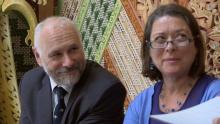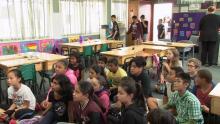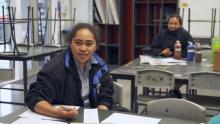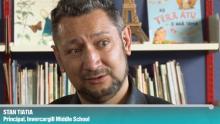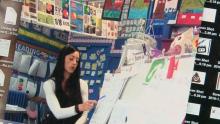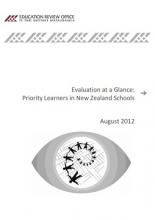Deliberate acts of leadership
A school principal talks about how he works with his teachers and Māori community to develop a bicultural school context within which both Treaty partners are acknowledged and valued. A teacher and members of the Māori community describe how this principal’s leadership has facilitated a reciprocal relationship between the school and their local Māori community.
